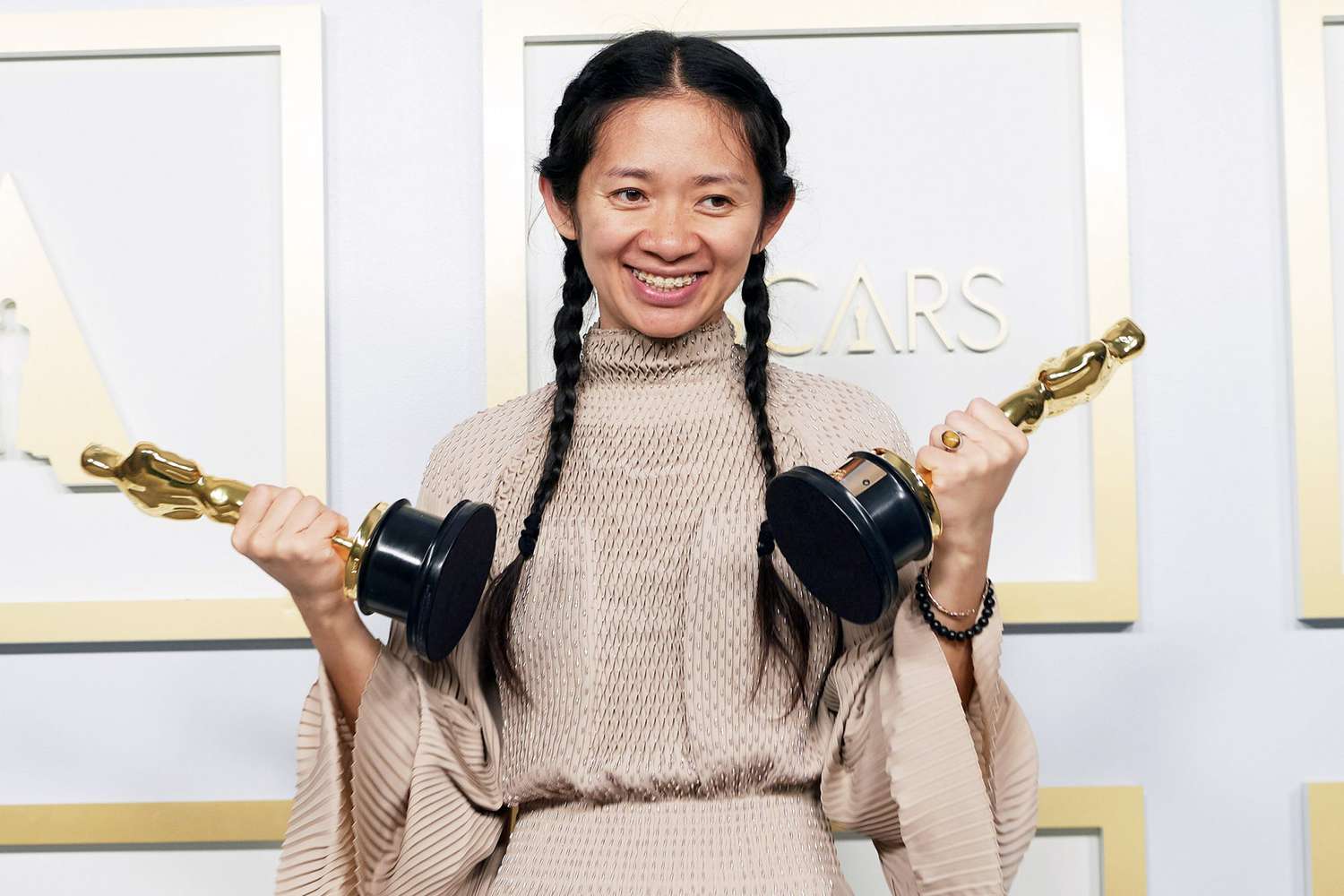Reaper Man by Terry Pratchett
Corgi Books
Pp. 287
Reaper
Man
is the eleventh Discworld novel and fleshes out the character of Death, as it
were. In this adventure, Death’s time is running out; things aren’t dying the
way they should be, which interrupts the fabric of existence; and everything is
“filling up the world with life force.” Windle Poons is the oldest wizard in
the world, and he is supposed to die, but Death doesn’t show up to collect him,
so he doesn’t. Instead, he becomes a member of the Fresh Start Club, a dead
rights activism group led by Reg Shoe and comprising other undead folk, such as
a vampire and his wife who is desperately trying to conform to stereotype;
including wearing certain clothes and speaking with a strong Eastern European
accent. We also encounter Ludmilla, a werewolf who changes from woman to dog at
full moon, a male dog, Lupine, who changes to human form at the same time, and
a bogeyman called Schleppel who likes to lurk behind doors, so much so that he
carries his own with him.
Meanwhile, oblivious to all the
chaos, Death assumes the mantle of Bill Door and finds work at Miss Flitworth’s
farm as an actual reaper man, helping with the harvest, leading to an extended
gag about a scythe vs a Combination Harvester. As his time runs out both
literally and metaphorically through a sort of egg-timer/ hour glass, he
attempts to fit in with the villagers, drinking beer and playing darts. “It was
amazing how many friends you could make by being bad at things, provided you
were bad enough to be funny.” He is not used to living, which he finds odd, but
also confronting. “Was that what it was really like to be alive? The feeling of
darkness dragging you forward? How could they live with it? And yet they did,
and even seemed to find enjoyment in it, when surely the only sensible course
would be to despair.”
Delightful cameo appearances and
side swipes at conventional wisdom, recall a fantasy Dickens. Mrs Cake is a
clairvoyant who is able to answer questions before people have asked them –
they still have to ask them anyway. The faculty wizards at the Unseen
University get all sorts of things muddles, which makes for moments of humour,
for example, when the Archdeacon (Ridcully) suggests that an RSVP is requested
to an invitation, the Bursar exclaims, “Oh, good, I like sherry.” Ridcully
himself is “simple-minded. This doesn’t mean stupid. It just meant that he
could only think properly about things if he cut away all the complicated bits
around the edges.”
The plot is suitably fanciful as
evil snow globes hatch into shopping trolleys that converge on places,
operating like worker ants or bees around a queen. This might or might not be
the case; it is difficult to know for sure. As with all of Terry Pratchett’s
work, there is a comically reverent tone to the rituals of human life. He
refers to belief as an entity that “sloshes around in the firmament like lumps
of clay spiralling into a potter’s wheel” seeking to attach itself to things,
such as gods and icons.
Despite
all this absurdity and hilarity, there is a touching homily on the nature and
meaning of life. “No one is finally dead until the ripples they cause in the
world die away – until the clock he wound up winds down, until the wine she has
made has finished its ferment, until the crop they planted is harvested. The
span of someone’s life, they say, is only the core of their actual existence.” Terry
Pratchett is comfort reading for a variety of reasons: his turn of phrase; his
ridiculous characters; his twinkling humour and his gentle satire, but above
all it is his strong moral compass that truly points the way and keeps his
readers coming back.





